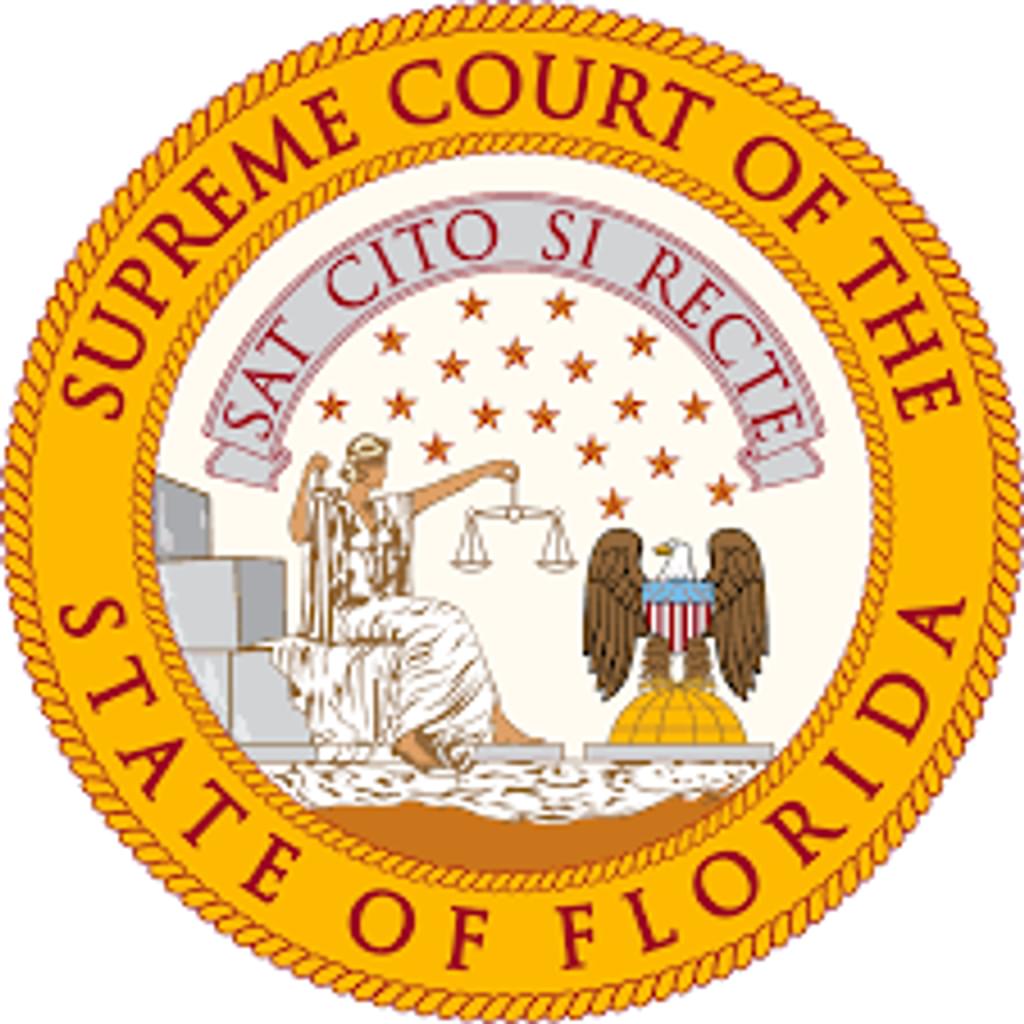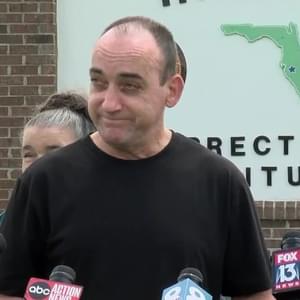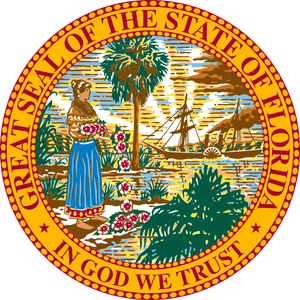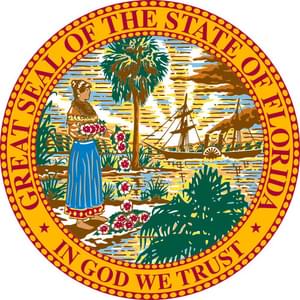
In three days of bulk decision-making, the Florida Supreme Court has denied new sentencing hearings to more than thirty death-row prisoners, declining to enforce its bar against non-unanimous death sentences to cases that became final on appeal before June 2002. At least 24 of the prisoners who were denied relief had been unconstitutionally sentenced to death after non-unanimous jury sentencing recommendations, including three prisoners—Etheria Verdell Jackson, Ernest D. Suggs, and Harry Franklin Phillips—with bare majority death recommendations of 7-5. The Florida court adopted June 24, 2002 as its cutoff date for enforcing its decision because that was when the U.S. Supreme Court decided Ring v. Arizona, an Arizona case establishing that the right to a jury trial entitles a capital defendant to have a jury find all facts that are necessary for a death sentence to be imposed. In January 2016, the U.S. Supreme Court ruled in Hurst v. Florida that Florida’s death-penalty statute, which reserved penalty-phase factfinding for the judge, violated Ring. Later, also in Hurst’s case, the Florida Supreme Court ruled that a capital defendant’s right to a jury trial also required a unanimous jury vote for death before the trial judge could impose a death sentence. That decision potentially invalidated more than 375 Florida death sentences. However, in December 2016, the Florida Supreme Court ruled that Ring had announced a new legal right and that it would not apply Hurst to cases that had already completed their direct appeal before Ring was decided. The court issued opinions declining to apply Hurst in ten death-penalty cases on January 22, another ten on January 23, and a third set of ten on January 24. The court also issued unpublished orders denying relief in some other cases. Still more decisions are expected. These rulings reiterate the court’s decision to not grant relief to prisoners who were unconstitutionally sentenced to death prior to Ring. On August 10, 2017, the court, by a 6-1 vote, upheld the death sentence imposed on James Hitchcock, despite his being unconstitutionally sentenced to death following a non-unanimious sentencing recommendation by the jury. In dissenting, Justice Barbara J. Pariente wrote: “To deny Hitchcock relief when other similarly situated defendants have been granted relief amounts to a denial of due process.” In 80% of the new opinions, juries had not unanimously recommended death, but the prisoners’ appeals had been completed before Ring was decided. In four cases, the appeals of unconstitutionally death-sentenced prisoners became final in 2001. Steven Maurice Evans’s appeal became final in March of 2002 and James Ford’s unconstitutional death sentence became final in May 28, 2002, less than a month before Ring was decided. In the six cases in which prisoners had unanimous jury recommendations for death, the court declined to review other potential violations of Hurst and whether instructions diminishing the jury’s sense of responsibility may have unconstitutionally affected the verdict. Among those whose appeals were denied on January 22, 2018 is Eric Scott Branch, who was unconstitutionally sentenced to death following a 10-2 jury recommendation for death in 1997. Branch is set to be executed on February 22. According to a Death Penalty Information Center analysis of Florida’s death-row prisoners who have non-unanimous jury recommendations and whose convictions became final post-Ring, 153 prisoners on Florida’s death row are entitled to resentencing. Of them,123 (or 80.9%) have already obtained relief. At least eighteen prisoners who obtained relief under Hurst have since been resentenced to life, while two prisoners who initially had non-unanimous sentencing recommendations have been resentenced to death. In 2017, Florida executed two prisoners—Marc Asay and Michael Lambrix—after denying them relief despite their unconstitutional non-unanimous death sentences. [UPDATE: The Florida Supreme Court issued opinions denying relief in ten additional death-penalty cases on January 26, bringing the total of cases in which it declined to apply the constitutional protections announced in Hurst v. Florida and Hurst v. State during the past week to at least 41.]
(Florida Supreme Court rejects 10 Death Row appeals at same time, Orlando Sentinel, January 22, 2018; State rejects 40 death penalty appeals this week, News Service of Florida, January 27, 2018.) Read DPIC’s webpage providing background on Florida’s handling of the cases litigated under Hurst here. See Arbitrariness and Sentencing.




